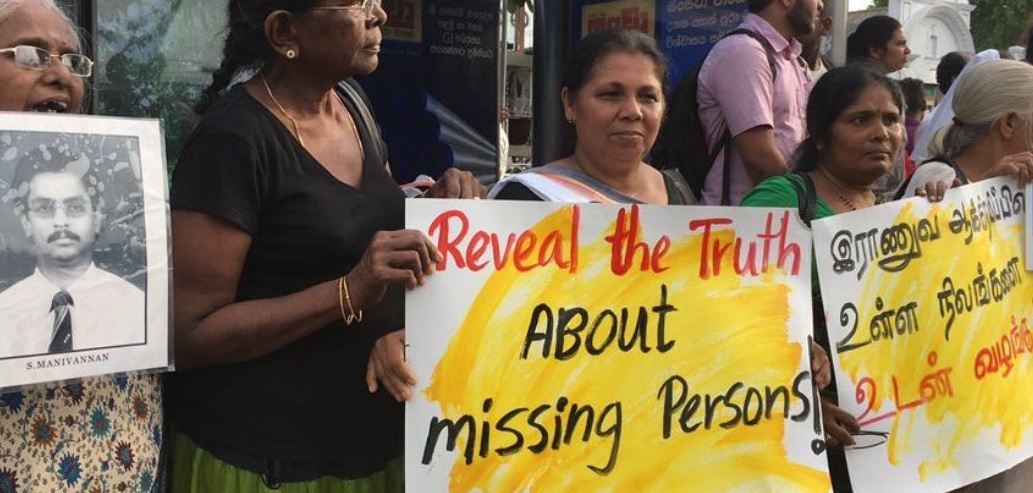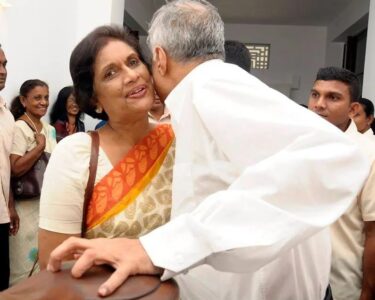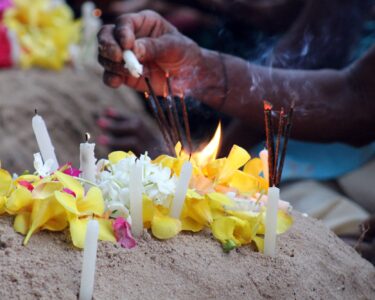The report on Accountability for Enforced Disappearances in Sri Lanka issued by the United Nations Office of the High Commissioner for Human Rights (OHCHR), has raised some concerns regarding the lack of progress from the government of Sri Lanka.
The report observes that despite some positive steps by Sri Lanka, such as ratifying the International Convention for the Protection of All Persons from Enforced Disappearance and establishing the Office on Missing Persons (OMP) and the Office for Reparations (OR), impunity for perpetrators remains entrenched and tangible progress towards truth, justice, reparations, and non-recurrence is lacking.
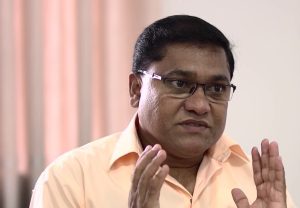
JVP and Disappearances
Meanwhile, the JVP is faced with allegations of enforced disappearances during the JVP’s insurrections in 1971 and the late 1980s
The party’s Propaganda Secretary and National People’s Power MP Vijitha Herath told the Sunday Times that the report is been studied and will comment on the recommendations once the report has been studied in full.
The OCHR report has noted that the first wave of large-scale disappearances occurred in the context of the suppression of the JVP insurgency in 1971. This is the first time that an OHCHR report has delved into enforced disappearances during the 1971 insurrection, notes the Sunday Times.
The use of presidential pardons and Commissions of Inquiry has undermined accountability, as pointed out in the OCHR report.
The report calls on the Government of Sri Lanka to acknowledge the scale of disappearances, issue a public apology, intensify investigations, and expedite legal reforms. Establish an independent prosecutorial authority and a special court for addressing human rights violations.
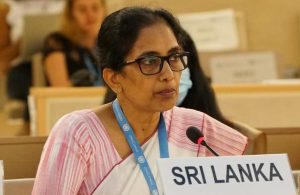
Unwarranted and unilateral
Sri Lanka’s Ambassador to Geneva, Himalee Arunatilaka, has had strong words for United Nations Human Rights High Commissioner, Volker Turk, she called the report an “unwarranted and unilateral initiative”.
The Ambassador who said that questioned the timing of the report was “biased, politicised, and self-generated”.
Ambassador Arunatilaka also questioned the timing of the report release. She pointed out that the report was released on the eve of the anniversary of the ending of the armed conflict in Sri Lanka in 2009.



